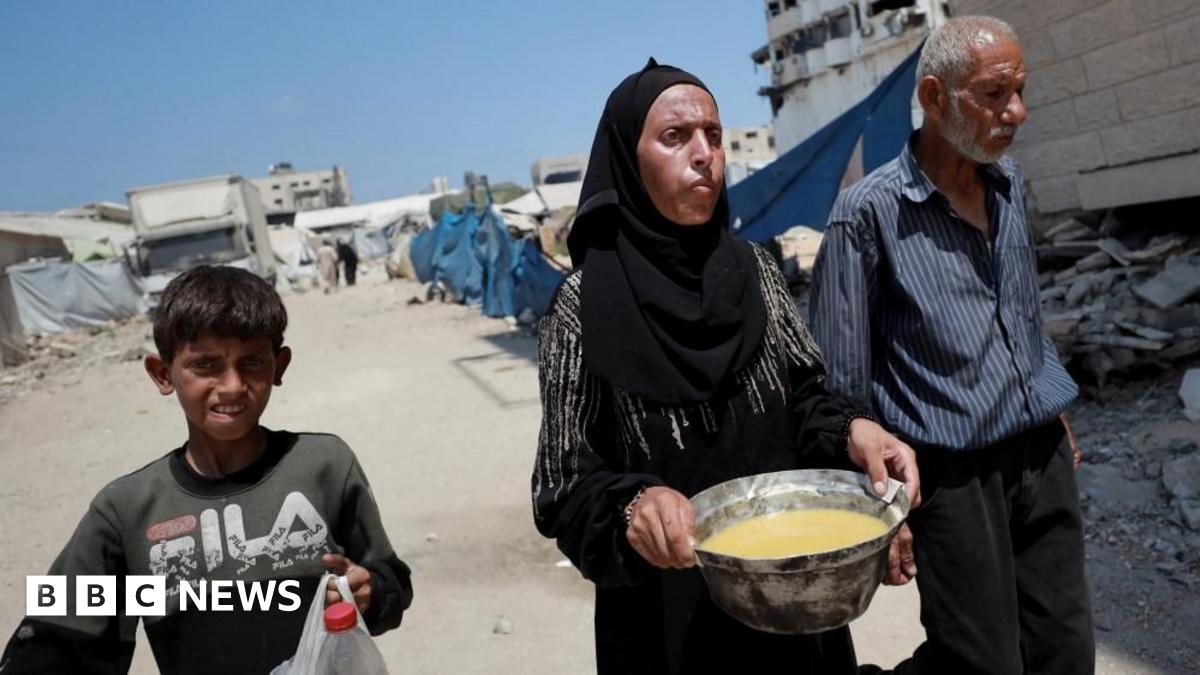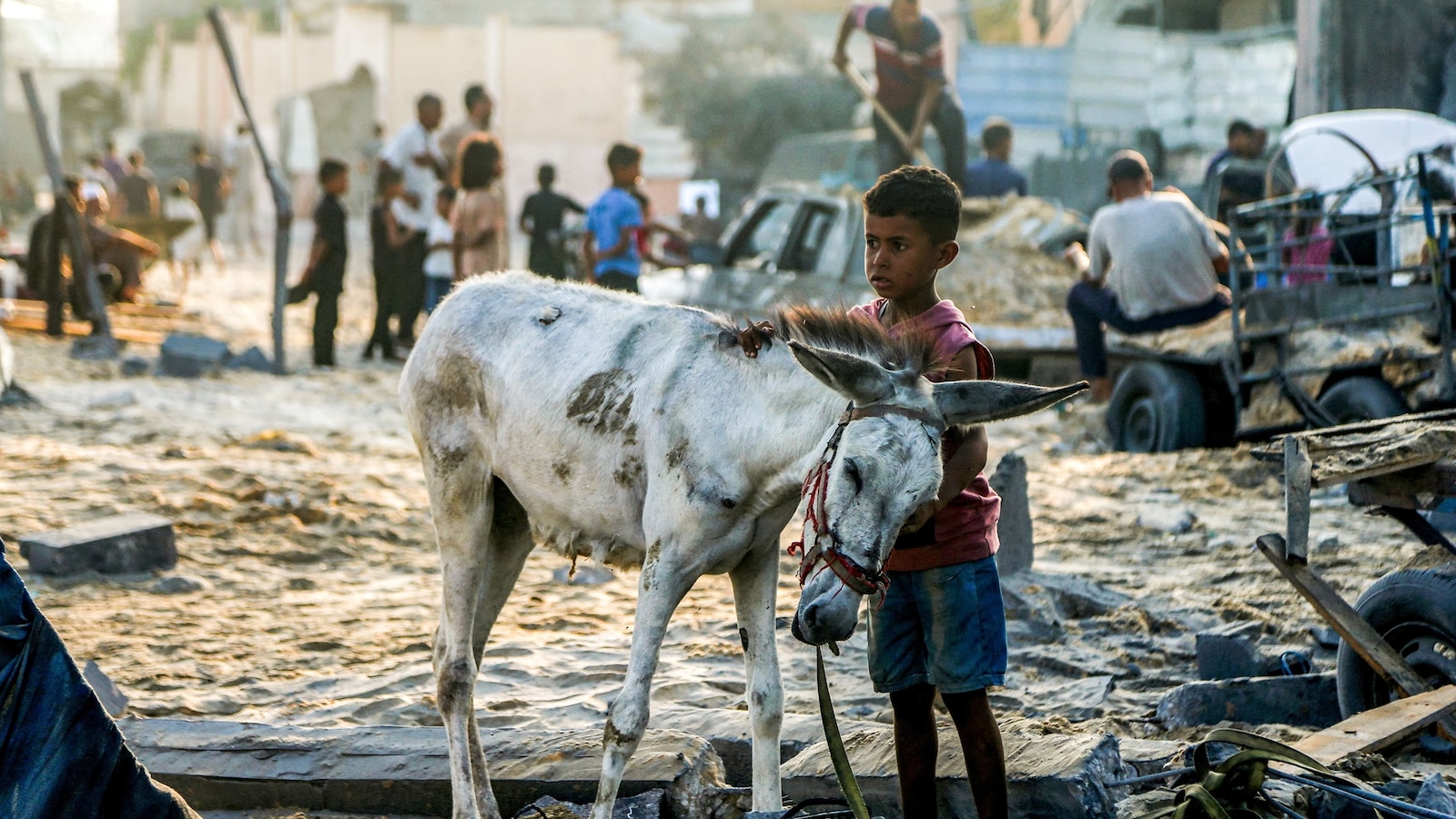Gaza Death Toll Surpasses 60,000 as Humanitarian Crisis Deepens

The humanitarian situation in Gaza continues to deteriorate as the death toll from the ongoing conflict surpasses a devastating 60,000, according to the Gaza Health Ministry. This grim milestone highlights the immense suffering endured by civilians and raises serious concerns about the accuracy of reported figures, which officials believe may be a significant undercount due to ongoing hostilities and widespread starvation.
A Catastrophic Loss of Life
The updated figures released by the Health Ministry paint a harrowing picture of the war's impact. More than 60,000 Palestinians have lost their lives, including a disproportionate number of women and children. These numbers do not include those who are missing or presumed dead under the rubble, leading many international organizations to suggest the true death toll is substantially higher. The relentless bombardment and ground operations have left entire neighborhoods reduced to ruins, further complicating the process of identifying and accounting for casualties.
Underreporting and Challenges in Data Collection
The Gaza Health Ministry, operating under incredibly challenging circumstances, faces significant obstacles in accurately assessing the scale of the tragedy. Constant power outages, shortages of medical supplies, and the ongoing conflict impede their ability to collect and verify data. Access to hospitals and morgues is frequently restricted, and the sheer volume of casualties overwhelms the already strained healthcare system. Experts warn that the reported figures are likely a conservative estimate, and the true extent of the devastation may never be fully known.
Worsening Humanitarian Crisis and Starvation
Beyond the staggering loss of life, Gaza is facing a severe humanitarian crisis. The war has disrupted essential services, including access to clean water, food, and medical care. The deliberate blockade of the territory has severely restricted the flow of humanitarian aid, leading to widespread food insecurity and malnutrition. The United Nations has repeatedly warned of the risk of famine, particularly among vulnerable populations like children and the elderly. Reports of malnutrition and starvation are increasing, and the situation is rapidly approaching a point of no return.
International Concerns and Calls for Action
The escalating death toll and worsening humanitarian crisis have drawn widespread international condemnation. Numerous countries and organizations have called for an immediate ceasefire and increased humanitarian assistance to Gaza. Concerns are growing about potential war crimes and the long-term consequences of the conflict on the region's stability. Efforts to negotiate a truce and facilitate the delivery of aid have so far yielded limited results, leaving the people of Gaza in a desperate situation. The international community faces a moral imperative to act decisively and alleviate the suffering of the civilian population.
Looking Ahead: The Road to Recovery
Even if a ceasefire is achieved, the road to recovery for Gaza will be long and arduous. The physical destruction is immense, and the psychological trauma experienced by the population is profound. Rebuilding infrastructure, restoring essential services, and addressing the underlying political issues that fueled the conflict will require a sustained and coordinated international effort. The future of Gaza and its people hangs in the balance, demanding urgent action and a commitment to a just and lasting peace.





